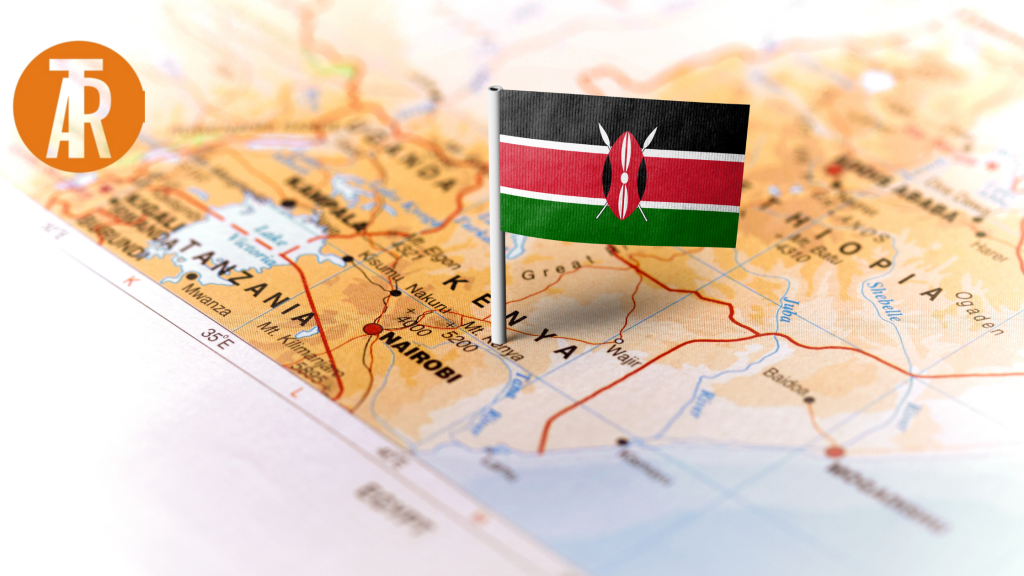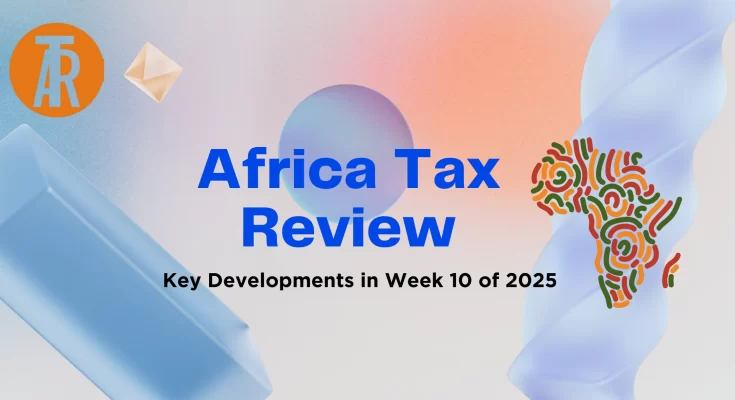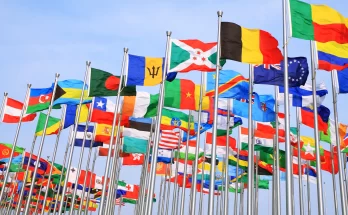Table of Contents
A Professional Review of Fiscal Policy Trends Across the Continent
In the week of March 3–9, 2025, African countries witnessed significant taxation policy shifts. These developments reflect a broader continental effort to balance fiscal consolidation with citizen welfare amid global economic uncertainty.
Below is a professional summary of the major events that shaped taxation discourse during the period:

1. South Africa: VAT Increment Proposal Triggers Coalition Tension
South Africa’s Finance Minister, Enoch Godongwana, presented a proposal to incrementally raise the Value-Added Tax (VAT) rate. The plan would see VAT rise from the current 15% to 15.5% by May 1, 2025, and further to 16% by April 1, 2026.
The measure is projected to generate over R43 billion in additional revenue over two years, targeted at strengthening the health sector and funding national defense initiatives.
However, the proposal sparked tension within the Government of National Unity (GNU). The Democratic Alliance (DA), a key coalition partner, publicly opposed the VAT hike and initiated legal proceedings, citing the burden it could place on low- and middle-income households. This political discord poses a challenge to fiscal consensus and economic reform efforts in the country.
Source: Reuters (2025). South Africa’s rand gains as report ANC may scrap VAT hike.
Additional Source: Government of South Africa Budget Speech (2025).

2. Ethiopia: New Tax Measure to Fund Disaster Response
Amid a notable decline in foreign development assistance—especially following the suspension of aid by the United States Agency for International Development (USAID)—the Ethiopian government passed legislation introducing a broad-based tax on all salaried workers.
Proceeds from this levy will fund the newly established Ethiopian Disaster Risk Response Fund, designed to support humanitarian and climate resilience efforts.
This emergency fiscal response aims to bridge a funding gap of over $100 million annually, previously covered by international aid.
While the measure has been criticized for placing additional pressure on citizens already facing inflation, the government insists it is necessary to maintain stability and fund critical services.
Source: Associated Press (2025). Ethiopia introduces new tax to fill gap after USAID funding pause. AP News

3. Ghana: E-Levy and Other Tax Repeals to Boost Economic Relief
In line with its 2025 budget reforms, the Government of Ghana announced the repeal of the Electronic Transaction Levy (E-Levy), a tax on mobile money and digital transfers that had faced widespread criticism since its inception.
The repeal is part of a broader tax relief program aimed at improving consumer confidence, encouraging investment, and reducing the financial burden on the informal sector.
Finance Minister Dr. Mohammed Amin Adam emphasized that the reforms are aligned with government priorities to create a more equitable and growth-driven tax environment. The move is being viewed as a strategic reset to rebuild public trust in Ghana’s revenue system.
Source: Ministry of Finance Ghana (2025). Parliament Approves Landmark Tax and Fiscal Reforms.
Africa Tax Review: Key Developments in Week 9 of 2025

4. Kenya: Youth-Led Protests Challenge Proposed Tax Increases
Kenya’s proposed Finance Bill 2024, which includes expanded taxation on essential goods and digital services, encountered massive public backlash.
Youth-led protests erupted in major cities, demanding the withdrawal of provisions perceived as regressive. Civil society organizations have also condemned the bill, warning of potential inflationary and socio-economic effects.
The protests signal increasing civic awareness and resistance to fiscal measures perceived as inequitable. In response, several lawmakers have hinted at the need to review controversial clauses before the bill proceeds to final reading.
Source: Wilson Center (2025). The People Have Spoken: African Youth and the Kenyan Finance Bill Protests.
Conclusion
Tax policy developments in Week 10 of 2025 underscore the balancing act African governments face—mobilizing domestic revenue while maintaining socio-political stability and protecting vulnerable populations.
While some countries pursued expansionary tax reforms to address fiscal deficits and declining aid, others prioritized tax relief as a catalyst for economic inclusion.
The unfolding dynamics point to a continent in transition, recalibrating its fiscal strategies to meet evolving public expectations and development needs.
Olatunji Abdulrazaq CNA, ACTI, ACIArb(UK)
Founder/CEO, Taxmobile.Online




